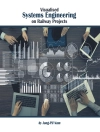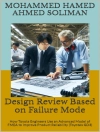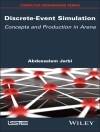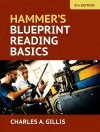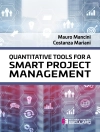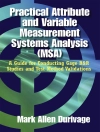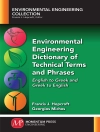This book aims to address the issue of the effects that the contemporary environmental, technological, social and economic global challenges produce on settlement systems, communities, institutions and enterprises.
It presents a multi-disciplinary scientific debate on the new frontiers of strategic and spatial planning, decision support tools and ecological design, within the urban-rural areas networks and the metropolitan cities of the Mediterranean basin.
The book focuses on five topics: Cultural Heritage as driver of development for territories and tourism destinations; Ecosystems, people-nature cohesion and urban-rural relationships; Decision Support Systems for urban regeneration; Policies and practices of cohesion and social innovation for inclusive cities; Green buildings and sustainable solutions for ecological transition. In addition, the book hosts the papers of a special session intercluster promoted by Italian Society of Architectural Technology (SITd A).
The book benefits all researchers, practitioners and policymakers interested in the issue applied to metropolitan cities and marginal areas.
Tabela de Conteúdo
A new workflow for Human and Atmospheric Well being through Urban Regeneration Actions The study of the PNACC and the experimentation of climate simulations for the definition of Adaptive Technologies in the pre design phase.- Worker BEE a 3D Modelling Tool for Climate Resilient Urban Development.- A distributed approach to Flood Risk Management through participation results from a literature review.- Stand Alone DC-MSs TS Fuzzy Systems for Regenerative Urban Design.- A new workflow for achieving climate neutrality in circular energy clusters Simulations of regenerative design combining Nature Based Solutions and Solar Energy Technologies in urban environment.- Heat waves response strategies through technological approach for adaptation and mitigation in urban areas.- Human centred AI in the post optimisation regenerative process for climate scenarios.- A computational design approach for climate change adaptation and UHI mitigation.- Construction site risk assessment through digital twins for safety optimization.- From self-reliant to sufficiency design predictive and forecasting features of technology approach.- Territorial collaboration for the land take reduction and land use optimisation The case of the Territorial Coordination Plan of the Province of Lodi Italy.- Digital and circular innovation for Made in Italy wood supply chain the Fo RWARD research project.


